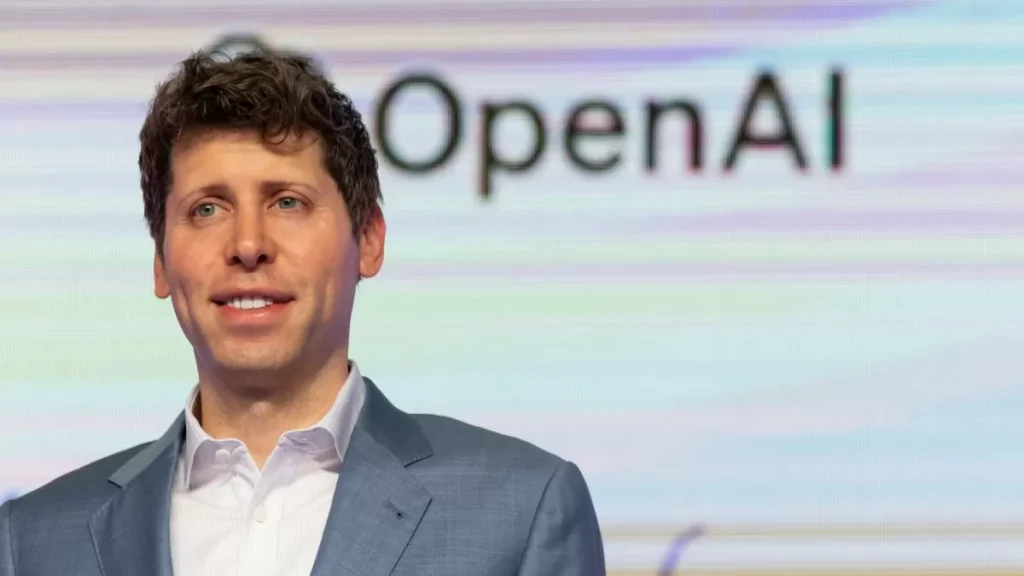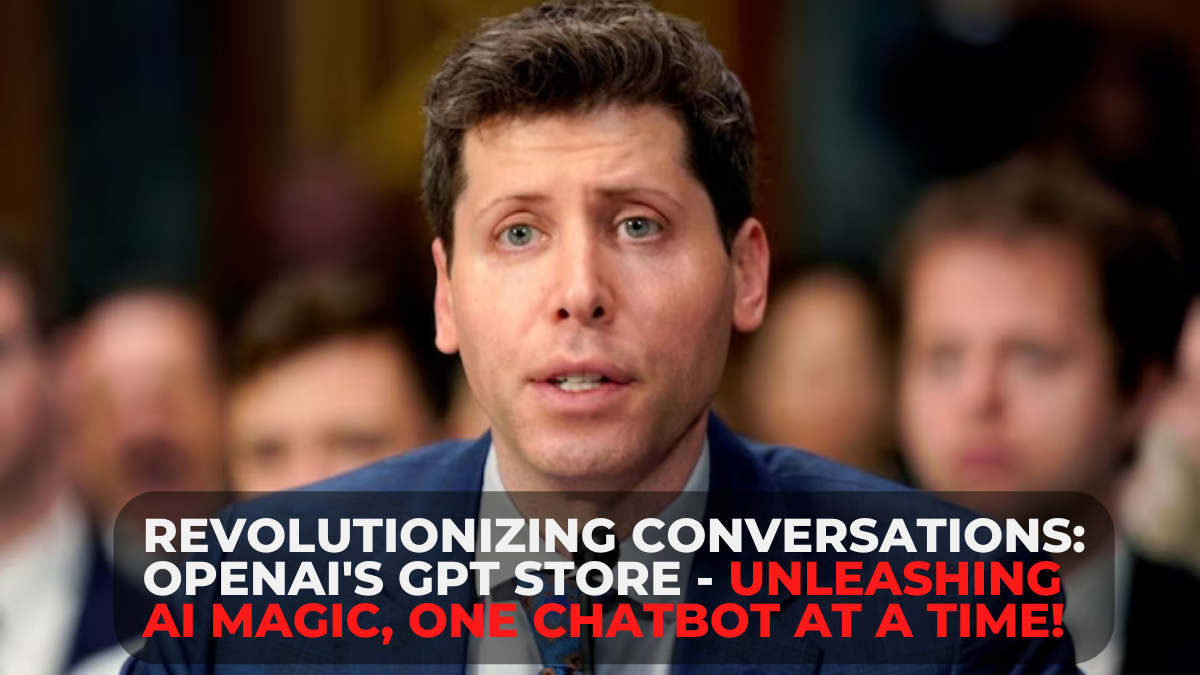OpenAI unveiled its highly anticipated GPT Store on Wednesday, presenting a groundbreaking offering of customizable AI chatbots tailored for ChatGPT Plus, Enterprise, and Team users. This product launch, spearheaded by Sam Altman, marks a significant stride in making AI both practical and accessible.

In an official blog post, OpenAI introduced the GPT Store rollout, accompanied by the promise of a revenue-sharing initiative set to debut before April 2024. As outlined, U.S. developers will receive compensation based on user engagement with their respective GPTs.
Initially announced over two months ago at OpenAI’s DevDay, Sam Altman articulated a future where AI agents assist in navigating daily lives. The simplicity of constructing a GPT, requiring no programming expertise, positions them as tools for the general public to engage with AI. These chatbots are fully customizable, capable of assisting with a wide range of tasks; for instance, DesignerGPT can construct a website through natural language interaction.
Over the past few months, ChatGPT Plus subscribers have successfully created millions of GPTs, leading to the development of a leaderboard showcasing the most popular chatbots within the GPT Store. Currently, the GPT Store remains exclusive to paying subscribers and is not available to free-tier users. Simultaneously, OpenAI introduced ChatGPT Team, a new subscription tier designed for small groups, granting access to premium features like the GPT Store, image generation, GPT-4 with vision capabilities, and more.
Leading up to the GPT Store launch, Chris Frantz, founder of email-centric startup Loops and part of Y Combinator, expressed a desire for increased commitment from OpenAI. He emphasized the need for ongoing development, including features such as buttons, enhanced sharing capabilities, additional revenue streams, and other user-requested enhancements.
The store’s launch, initially slated for an earlier date, was delayed into 2024 due to the upheaval surrounding Sam Altman’s abrupt termination and subsequent rehiring in November—a matter that remains largely unexplained. As OpenAI forges ahead in establishing a marketplace for AI products, concerns linger regarding the true effectiveness of GPTs.
Previous attempts by OpenAI to create custom applications of ChatGPT with plugins faced setbacks and are now being phased out. Additionally, apprehensions exist about OpenAI potentially becoming a gatekeeper akin to Google and Apple with their app stores. Sam Altman’s past actions, including taking out AI startups, contribute to these concerns.
Researchers have voiced unease about the security risks associated with OpenAI’s GPTs, citing their vulnerability to easy replication. Instances of GPTs being copied have already surfaced, prompting questions about the monetization of these duplicated models. OpenAI’s Head of Developer Relations, Logan Kilpatrick, advised caution in a tweet, emphasizing that any information input into a GPT could potentially be retrieved by users. However, this statement does not fully address the central question regarding intellectual property and GPTs.
